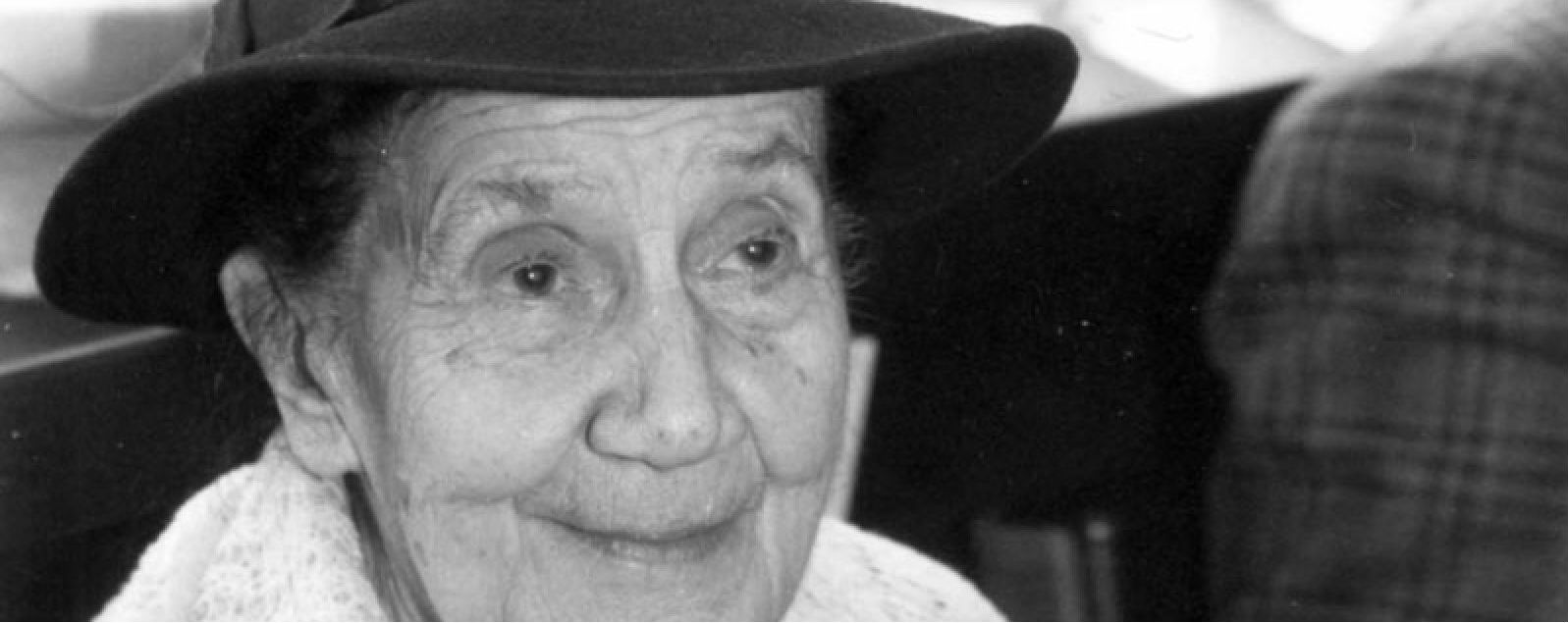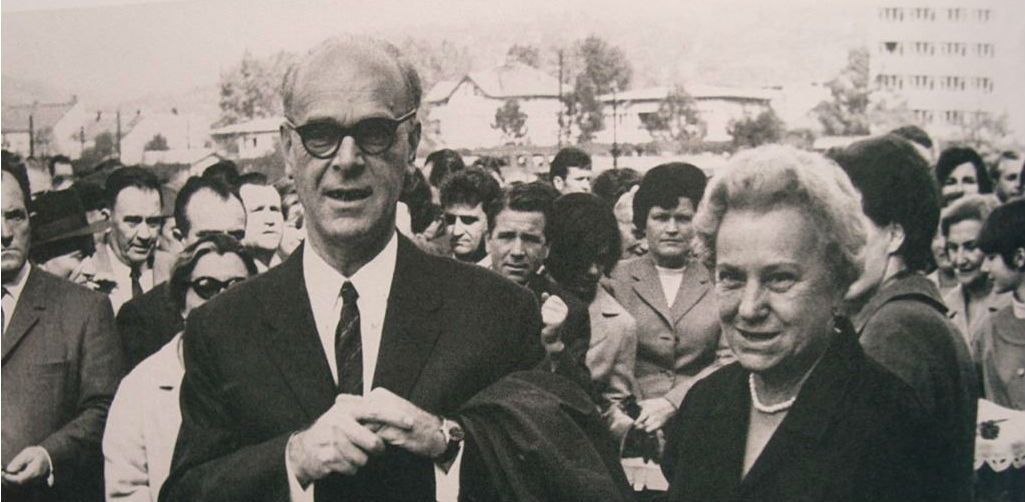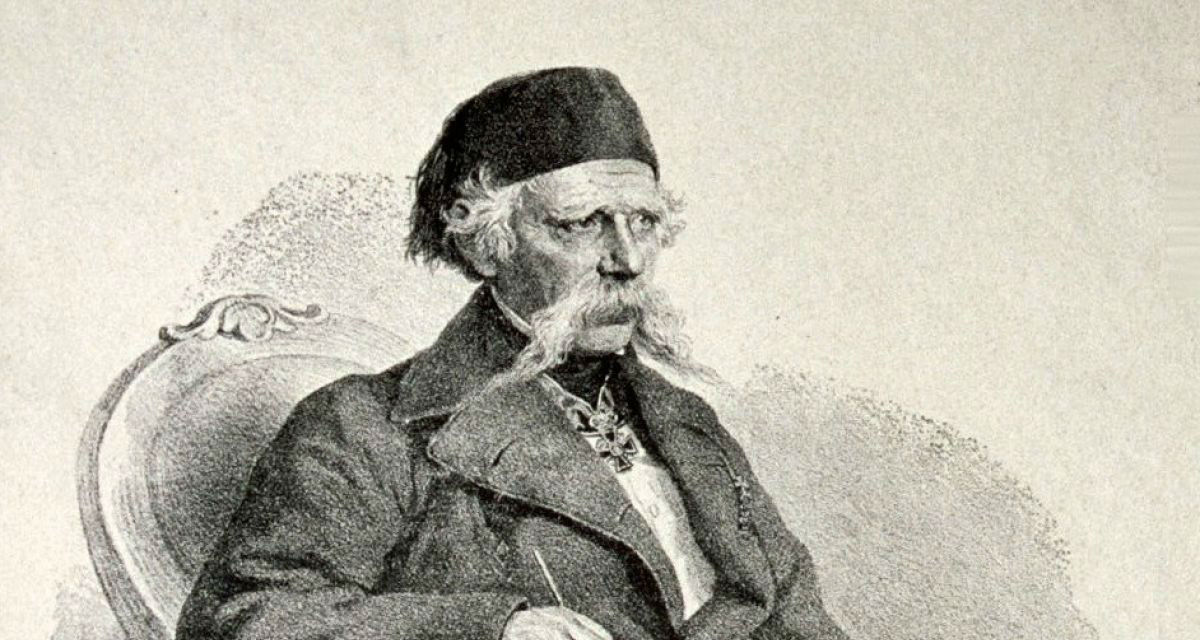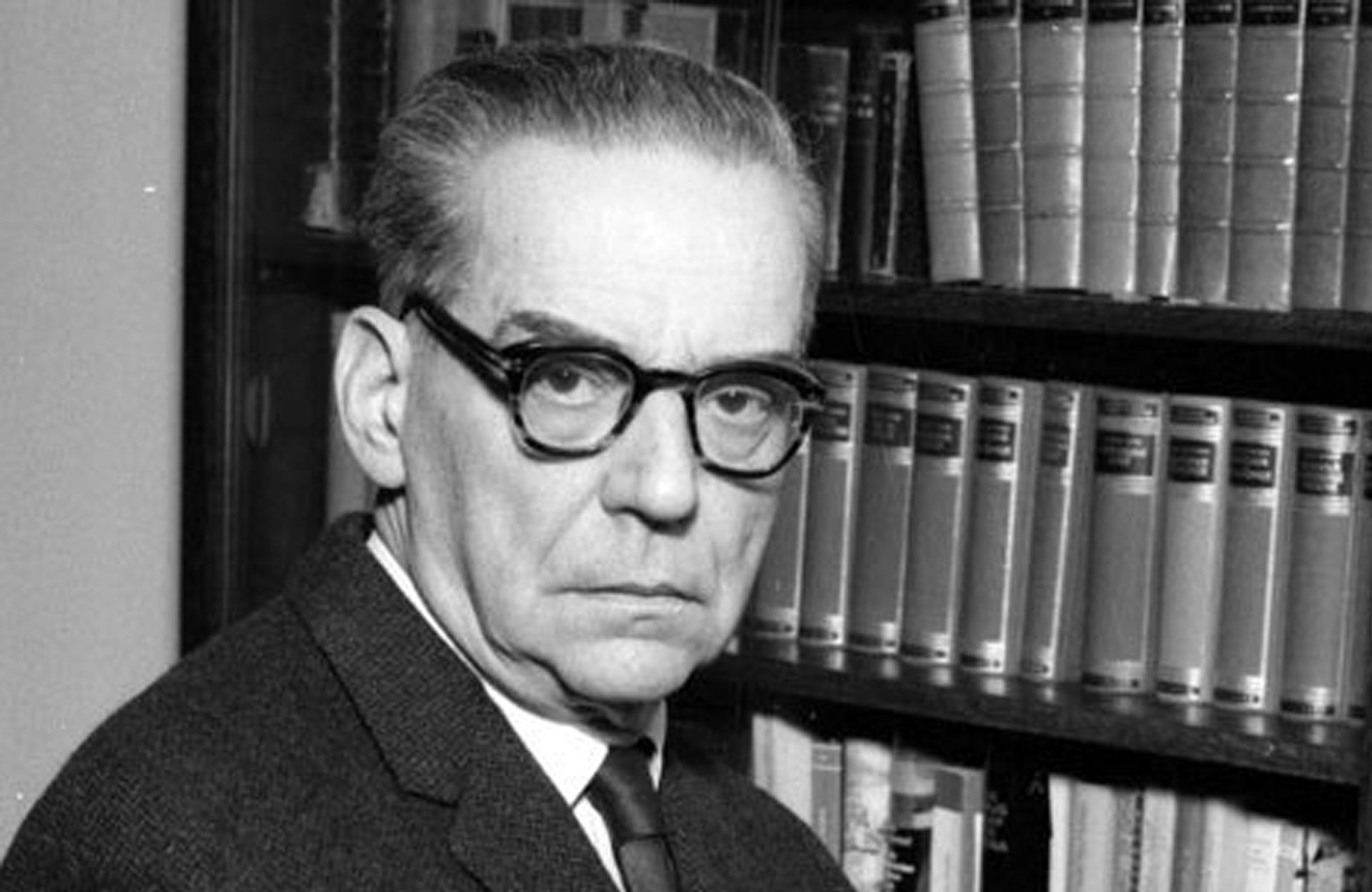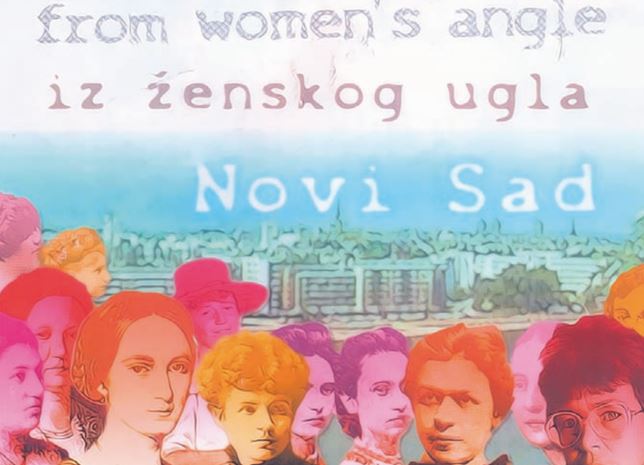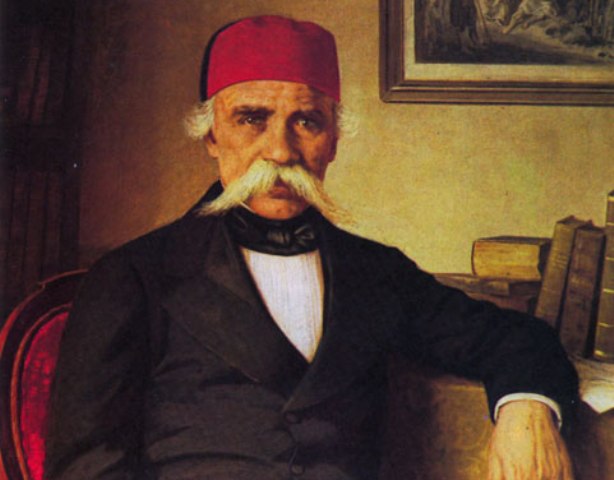With poems that caress the soul, ignite emotions, bring forgotten hopes back to life, remind you of your fatherland and encourage you to fight, Desanka Maksimović wrote both her own life’s history and that of her people.
With unusual simplicity, clarity and truthfulness this poetess has extended the limits, overcome prejudice and softened the hearts of those who read her poetry and by doing so immortalized her name in the annals of Serbian literature.
The most prolific and, in the opinion of the majority, the most authentic Serbian poetess had published her first poems in 1920 and thus began the period of constant writing and creation which lasted for half a century. “When these poems were being written, the verses came to me ceaselessly and even I was amazed by their constant flow” said Desanka once.
Desanka Maksimović (1898-1993) was born in Rabrovica village near Valjevo. She was a poet, professor of literature and a member of Serbian Academy of Sciences and Arts. She gradueted from a gymnasium in Valjevo after which she continued her studies on the Faculty of Philosophy in Belgrade at the department for world literature, history and art history. She published around fifty works including books of poetry, prose and poems for children, narrative, romantic and travel literature.
 Deepest emotions encouraged this poetess to write from the heart. The verses she wrote were joyful, inspiring and optimistic, but sometimes they were full of sadness, fear and lament. The ability to describe her emotions and to make them almost tangible made her a great poetess whose poetry could be enjoyed by both educated and uneducated people.
Deepest emotions encouraged this poetess to write from the heart. The verses she wrote were joyful, inspiring and optimistic, but sometimes they were full of sadness, fear and lament. The ability to describe her emotions and to make them almost tangible made her a great poetess whose poetry could be enjoyed by both educated and uneducated people.
Her emotions were transfered to paper in a form of a melody. Inspired by tales of love, people, suffering and human traits she wrote touching poems which made her readers think; and thus some of the most beautiful peoms about children, sad love peoms, poems about her fatherland and great losses her people suffered, came to be.
“Slovo ljubavi”, ” Opomena”, “Prolećna pesma”, “Strepnja” and “Po rastanku” are just some of the poems about the deepest emotions describing the beauty, fear, confusion and sorrow that love brings us. With the essence of her most exalted emotions, the poetess came to know the woman’s heart and she wrote many sad and cheerful love poems.
Even though the dominant motif of her poems was love, she also wrote poems about her homeland, patriotism and social motives. Poems “Otadžbino, tu sam” and “Pesnik i zavičaj” are filled with strong emotions. She addressed her homeland in a friendly manner as If it was a person and with great passion described landscapes, sounds and images that surrounded her during her childhood.
She wrote about her people with the same passion, about their heroism, feats, suffering and unconquerable spirit and thus “Krvava bajka” one of the saddest and most touching poems came to be. This poem is about a group of schoolchildren from Kragujevac who suffered greatly and died in one day in 1941. In very sad verses she wrote about the upsetting faith the befall the children in Serbia during the Second World War.
Desanka Maksimović won a number of literature awards, among them: Vuk award, Njegoš award, Zmaj award, “Sedmojulska award”, AVNOJ award and in 1988 the Golden Wreath award for her life achievements in the field of poetry. She was an honorary citizen of Valjevo and her statue was built there in 1990. The Serbian Government made a decision to immortalize her name and work by founding the Endowment of Desanka Maksimović.
 After the war and the unpleasant events that befall Serbia, Desanka continued to write. Her poetry was still filled with love, but with a touch of seriousness and calmness. She published her collection of poems called “Tražim pomilovanje” during the sixties, it represented a sort of a lyrical discussion with “Dušan’s code“, but at the same time she presented her view and stance on people and the history of Serbian nation.
After the war and the unpleasant events that befall Serbia, Desanka continued to write. Her poetry was still filled with love, but with a touch of seriousness and calmness. She published her collection of poems called “Tražim pomilovanje” during the sixties, it represented a sort of a lyrical discussion with “Dušan’s code“, but at the same time she presented her view and stance on people and the history of Serbian nation.
Themes of life and death can be seen in her poetry. Desanka saw them as the natural order of things. “Ashes to ashes, dust to dust”. She described the circle of life in a tone that was neither tragic nor dramatic and she lived through it with a sense of rationality and calmness. With such thoughts and valuable works she left behind, she died on February 11, 1993.
“Zovina svirala” was the last work she published in 1992, but this poetess of kind and gentle heart, who dedicated her whole life to poetry, left us so much more. Hundreds of, stories, poems and tales will remind us of a woman who wasn’t shy of hear flaws and fears and who wrote from hear heart, leaving us with verses of joy, love, patriotism and dignity, as to remind us what life truly is.

